Your cart is currently empty!
Tag: Sustainable Practices
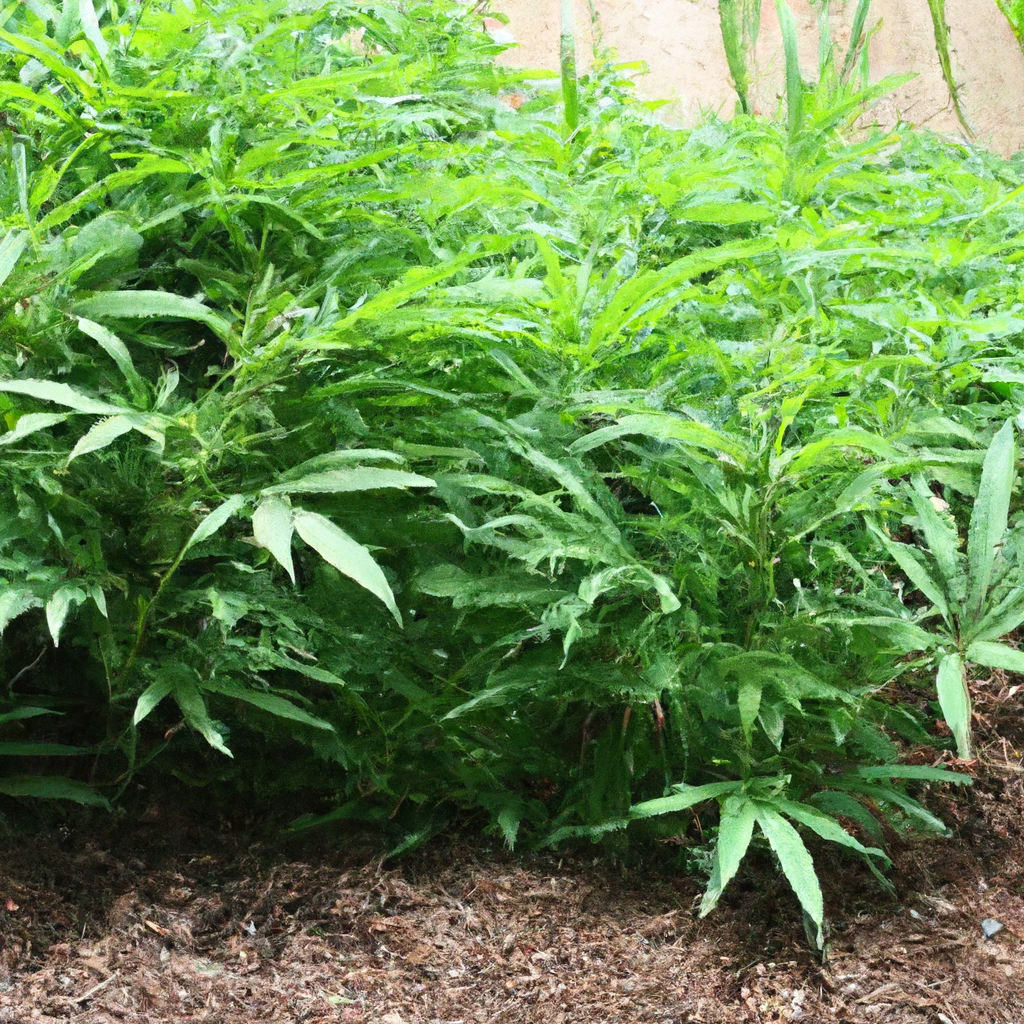
The cannabis industry’s growth has heightened the demand for sustainable cultivation methods. This article delves into organic cannabis practices, emphasizing natural fertilizers, composting, and pest control. Key strategies for building healthy soil include composting organic waste, using cover crops, and applying organic mulch. For natural pest management, companion planting and beneficial insects play a vital…
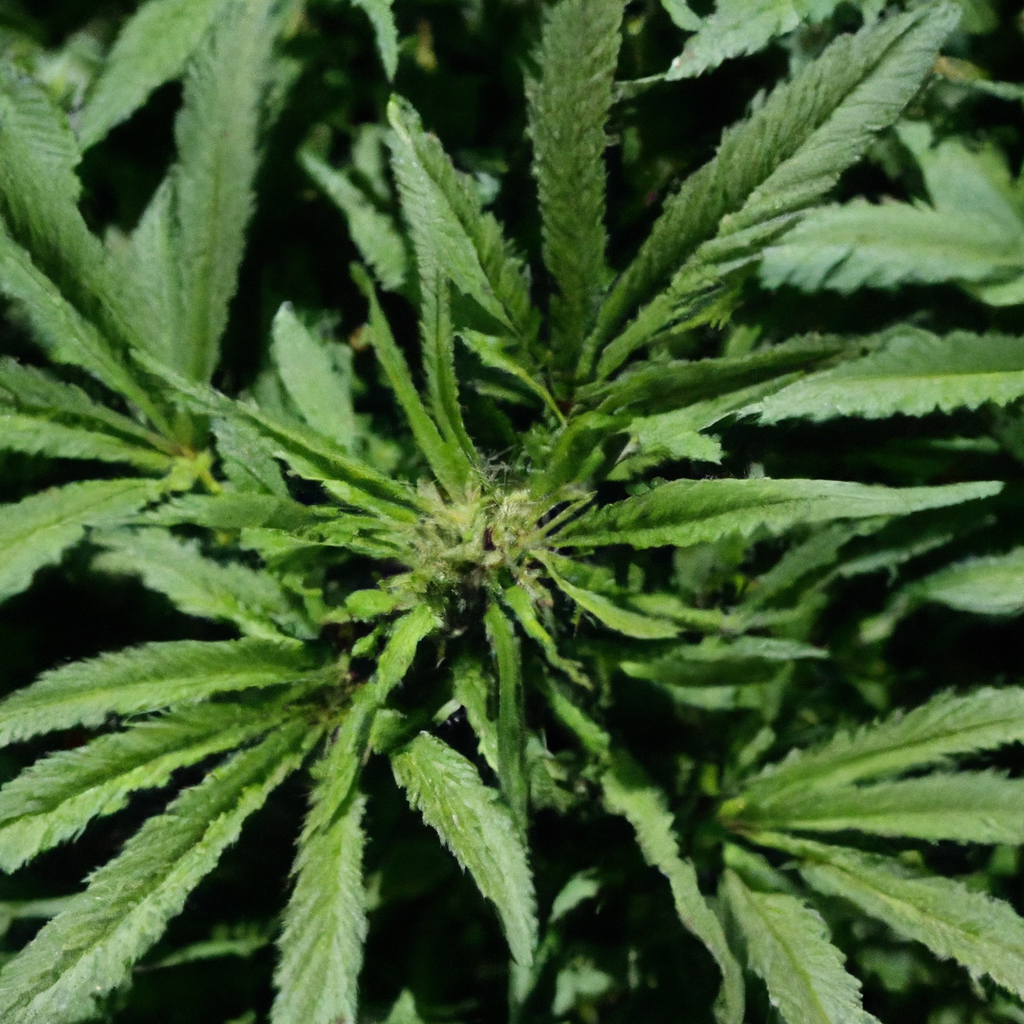
Discover the essentials of organic cannabis cultivation and prioritize sustainability through natural methods. By enhancing soil health with compost, promoting nutrient-rich growth using natural fertilizers like worm castings and kelp meal, and employing eco-friendly pest control such as companion planting, growers can achieve a thriving cannabis ecosystem. Focus on sustainability in operations, too, with water-efficient…
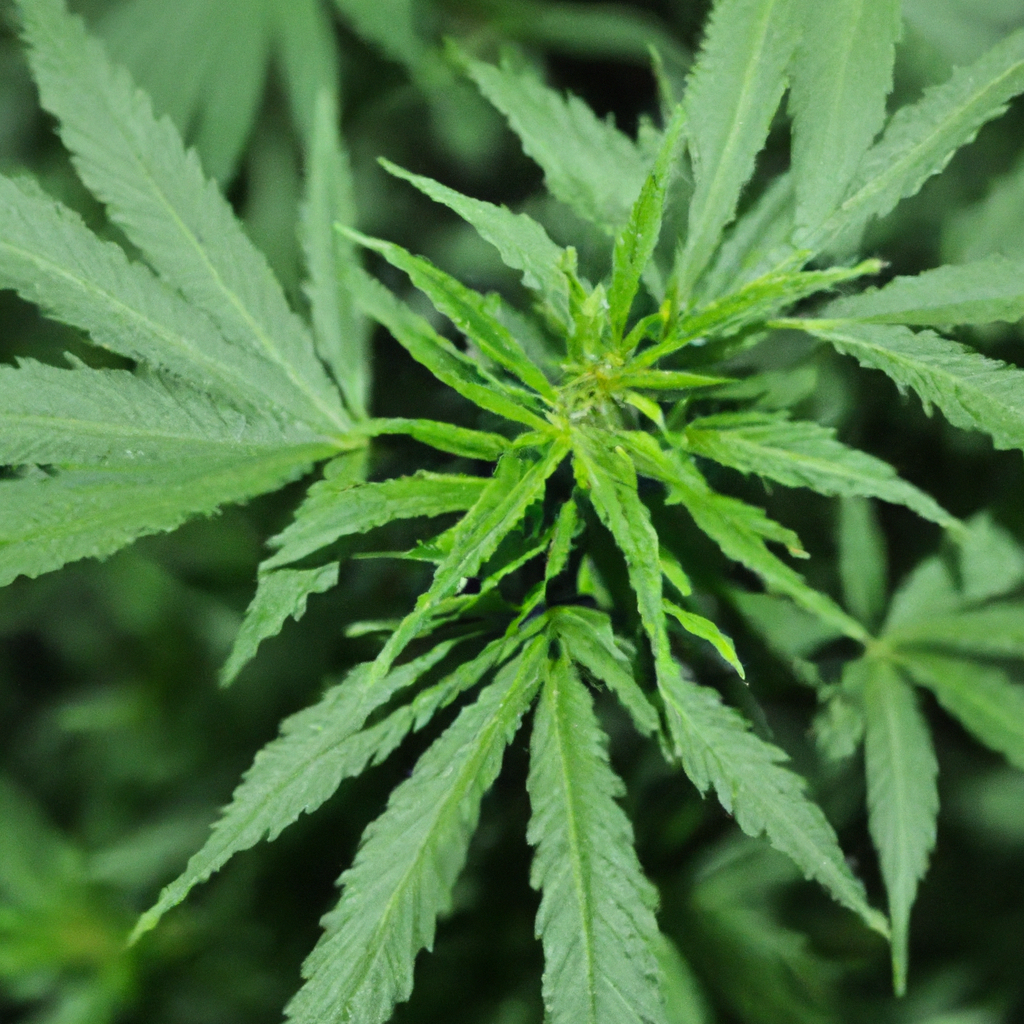
The cannabis industry is increasingly adopting organic growing practices, which benefit the environment and result in healthier, more flavorful products. This guide outlines key practices for organic cultivation, emphasizing healthy soil ecosystems, natural fertilizers, and sustainable pest control. Key methods include using compost, incorporating animal and plant-based fertilizers, and employing natural pest management like beneficial…
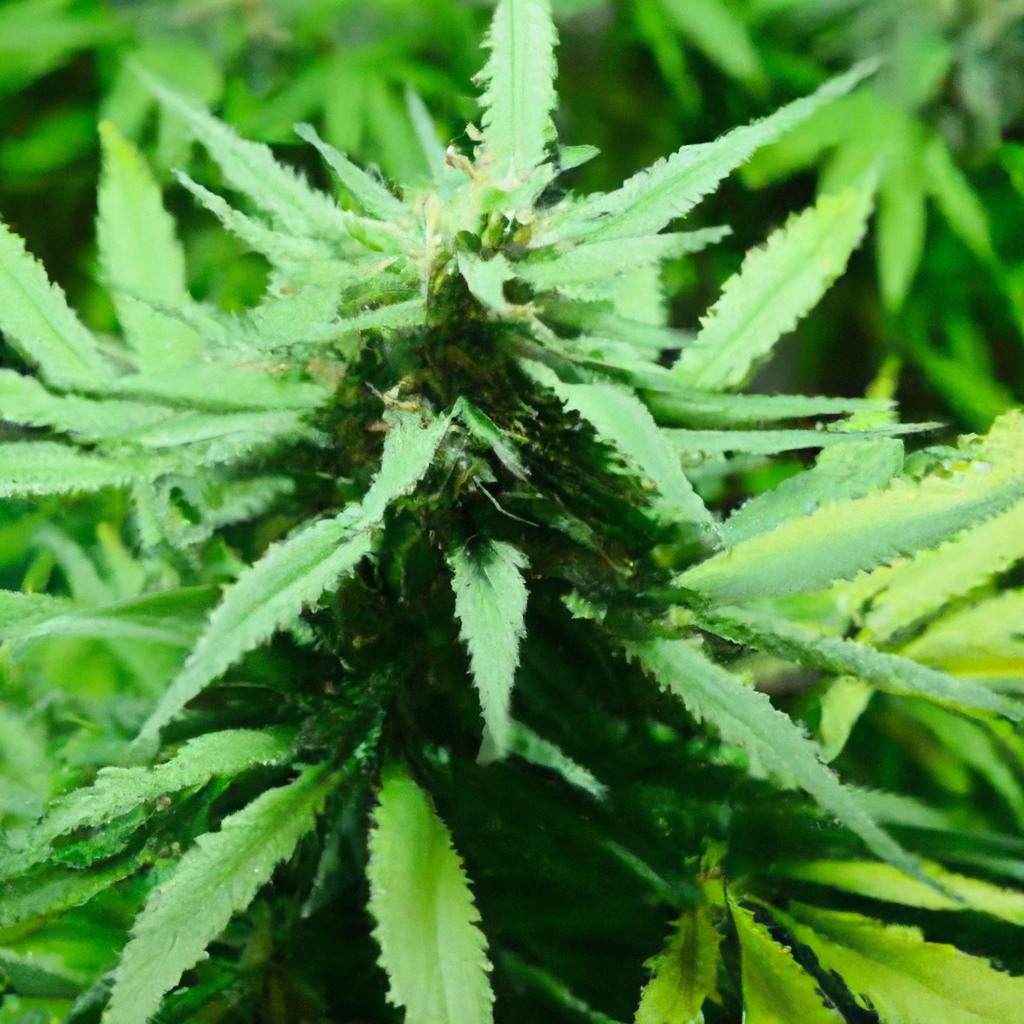
As cannabis becomes more accepted, understanding its cultivation is increasingly valuable. This article delves into key cultivation aspects, from lighting, watering, and climate control to advanced growing techniques like Low-Stress Training and hydroponics. It highlights the importance of sustainability through organic growing and eco-friendly pest control. By mastering these elements, growers can achieve high yields…
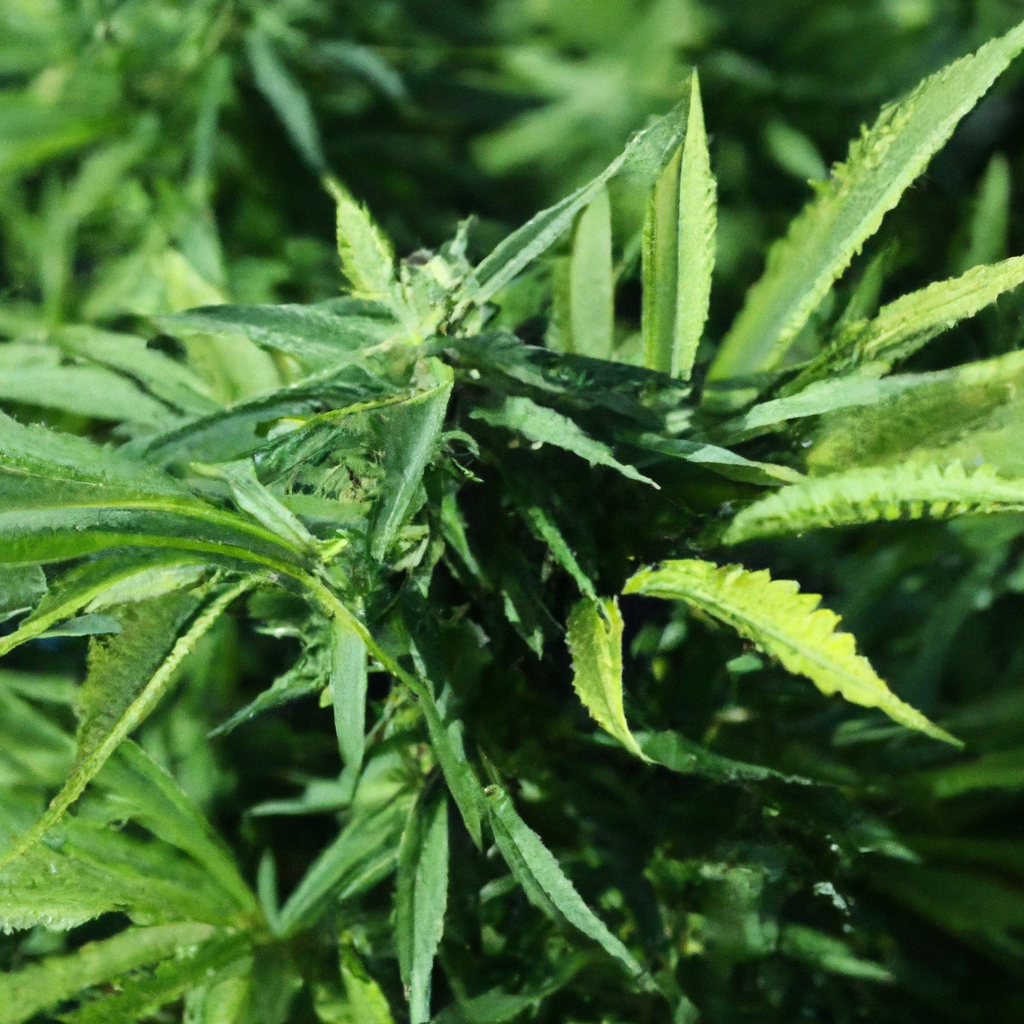
Organic cannabis cultivation is increasingly popular for its environmental benefits and enhanced crop quality. This guide covers essential practices such as maintaining healthy soil ecosystems using compost and cover crops, opting for natural fertilizers like fish emulsion and bat guano, and employing sustainable pest control through beneficial insects and companion planting. Emphasizing sustainability, it also…
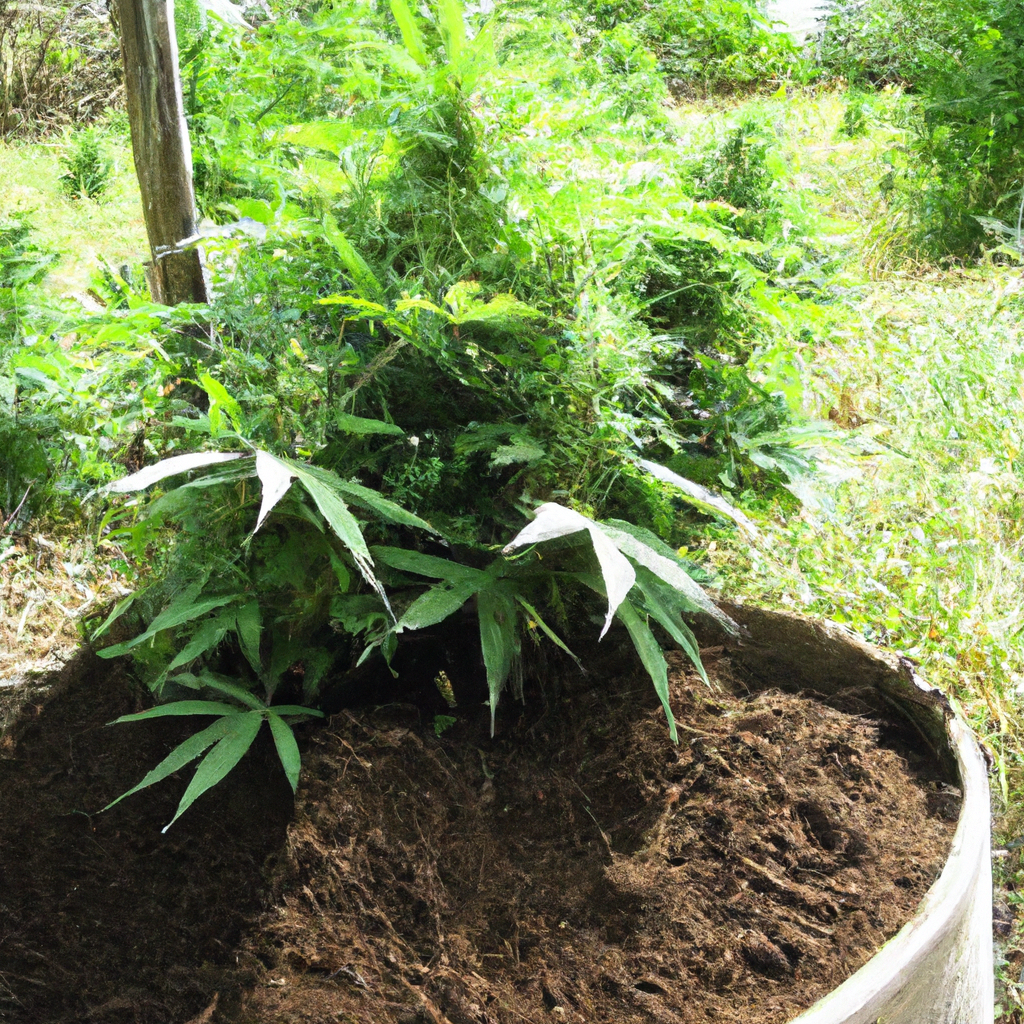
Cannabis cultivation is shifting towards organic methods, emphasizing sustainability and environmental health. By using natural fertilizers, composting, and eco-friendly pest control, growers enhance plant vitality without synthetic chemicals. Key practices include building nutrient-rich soil through composting and manure, employing companion planting and biological pest control, and maintaining soil health via rotation and mulching. This approach…
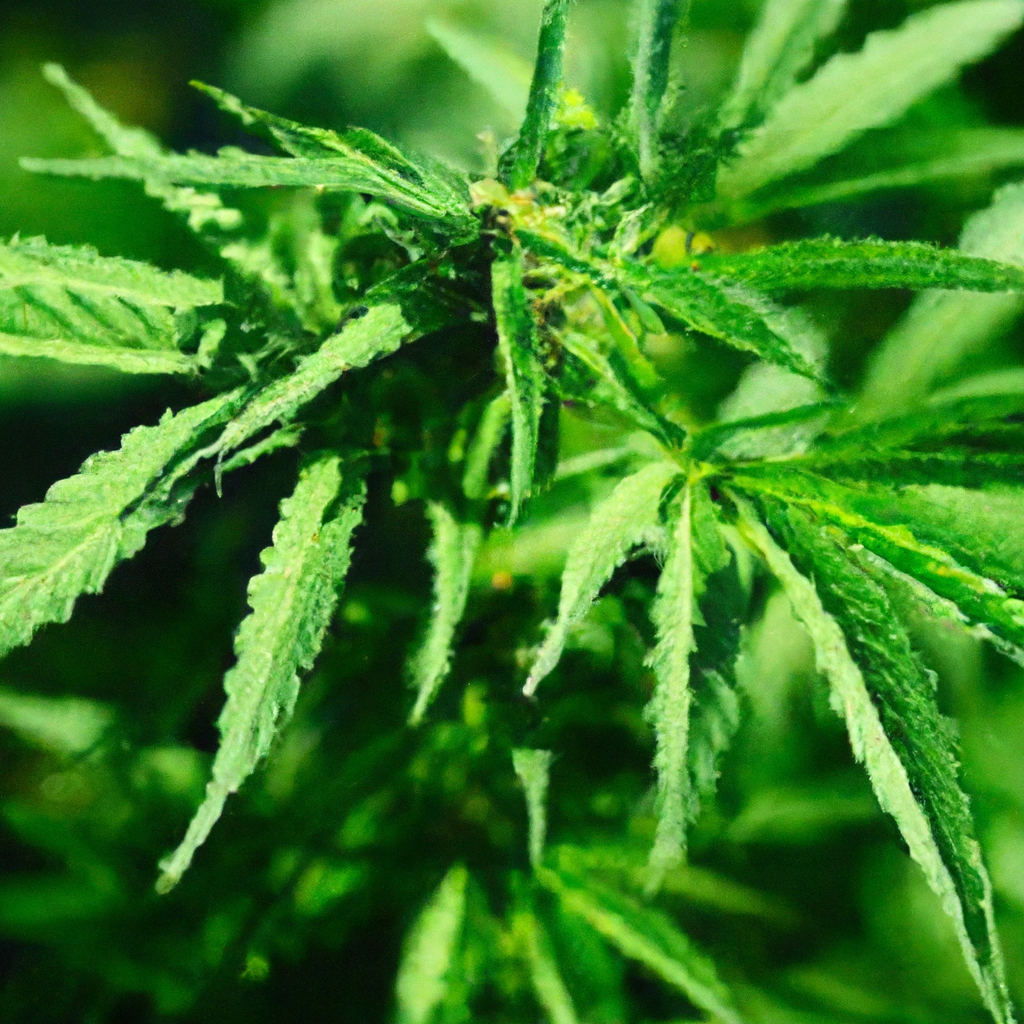
As the cannabis industry expands, so does the need for eco-friendly cultivation. Organic cannabis cultivation benefits ecosystems, growers, and consumers by using sustainable methods like natural fertilizers, composting, and pest management. Healthy soil is crucial, nurtured with compost and fertilizers such as fish emulsion and kelp. Integrated Pest Management (IPM) promotes plant health using beneficial…
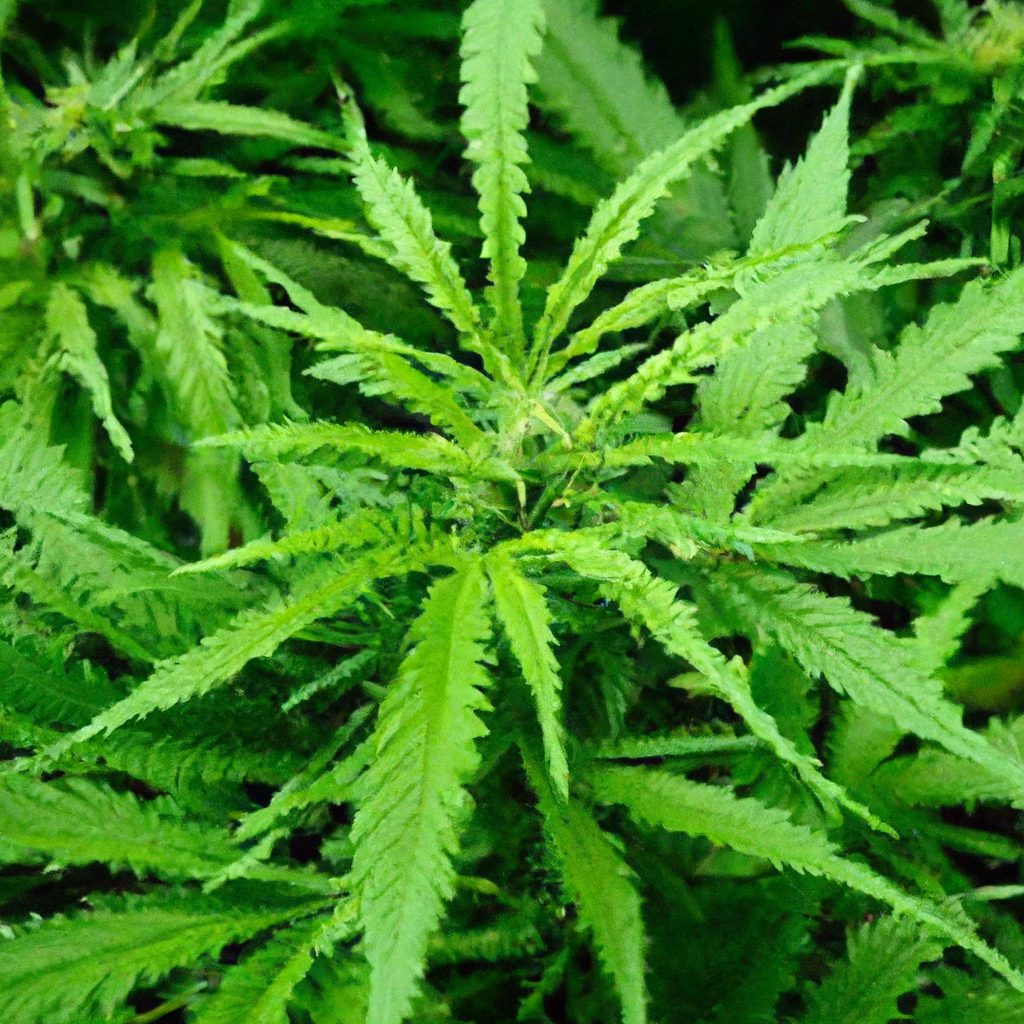
Growing cannabis can be challenging due to pest issues, but sustainable alternatives to traditional pesticides are available. This article highlights eco-friendly pest control techniques, such as using beneficial insects, neem oil, diatomaceous earth, and essential oils. These methods, combined with regular inspections, cleanliness, and crop rotation, can effectively manage pests while promoting a healthy and…
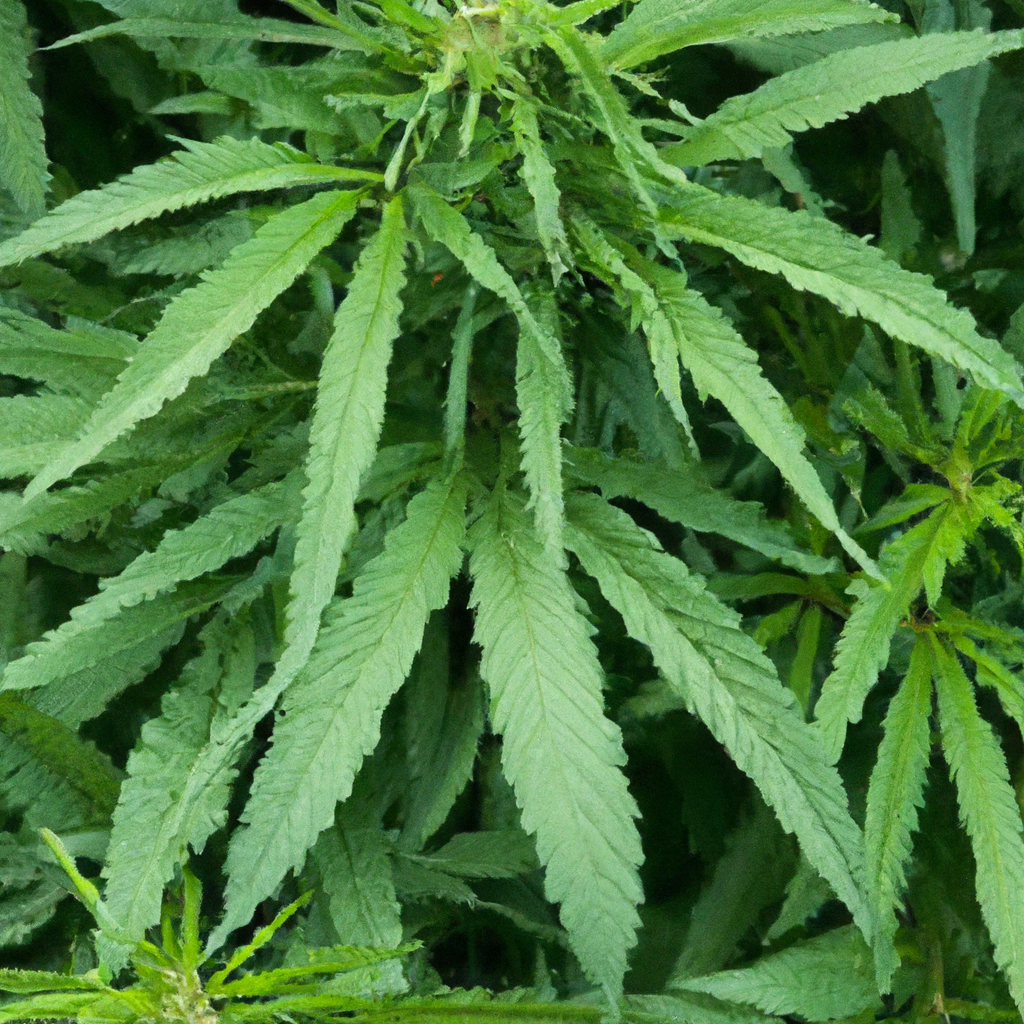
Hemp is increasingly recognized for its ecological benefits and versatile applications, making it a cornerstone of sustainable practices. Its cultivation supports environmental health by sequestering carbon, improving soil quality, and growing without synthetic pesticides. Beyond agriculture, hemp offers eco-friendly products such as biodegradable plastics, sustainable textiles, and renewable energy sources. Despite regulatory challenges and the…
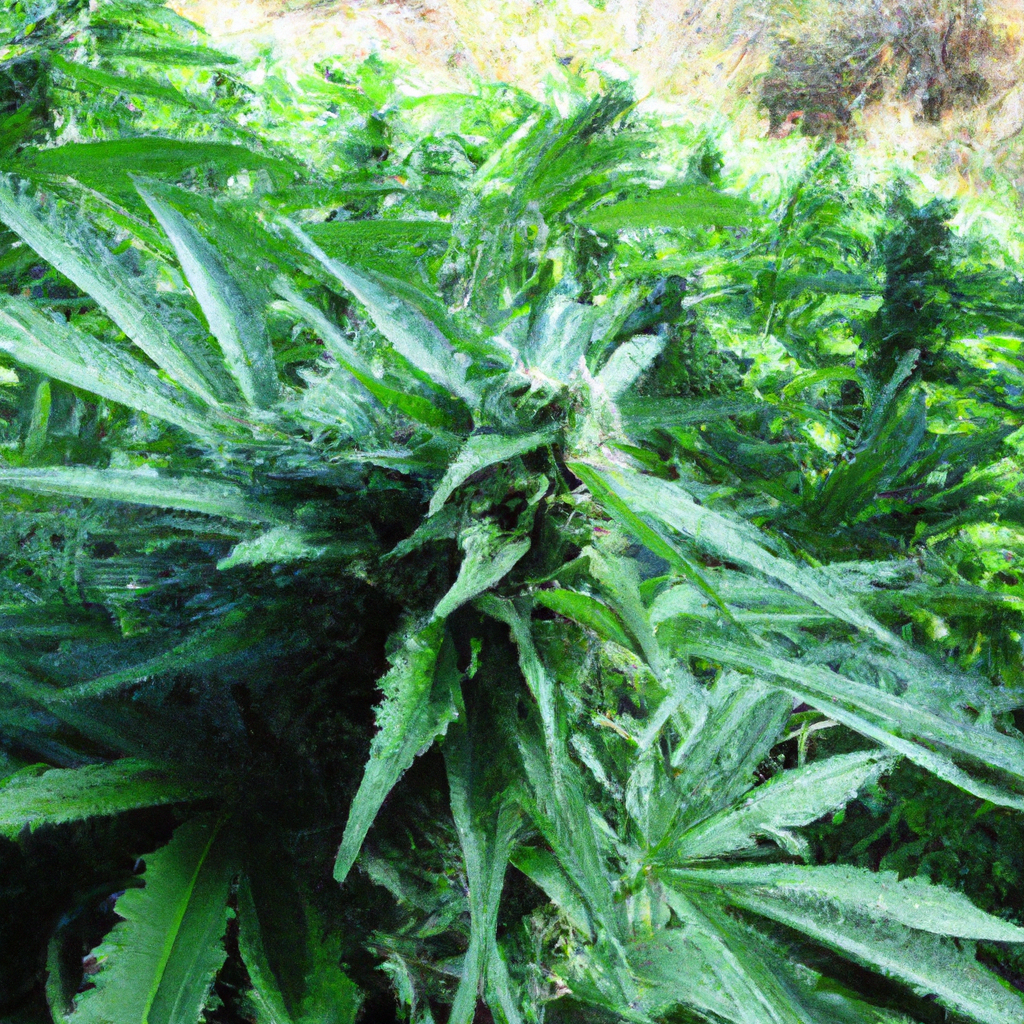
Organic cannabis cultivation emphasizes sustainability and offers numerous benefits for both consumers and the environment. This approach eliminates synthetic chemicals, enhances soil health through composting, cover crops, and mulching, and promotes the use of natural fertilizers like bone meal and seaweed emulsions. Eco-friendly pest control methods, such as beneficial insects and neem oil, maintain plant…
